Results
-
 £274.99
£274.99Pilgrim Concerto - Thomas Doss
The Pilgrim Concerto, written for the 2012 World Music Contest Kerkrade, is a highly demanding yet rewarding work for alto saxophone and wind band. It is one of a series of spiritual works by the composer which also includes Symphony inGreen. Sometimes minimalistic and at other times romantic, it describes a pilgrim who is at times calmy meditative, but also full of anxious impatience to reach his goal.
Estimated dispatch 7-14 working days
-
£137.00
Hair - Galt MacDermot - Jérôme Thomas
Aquarius / Let The Sunshine In
Estimated dispatch 10-14 working days
-
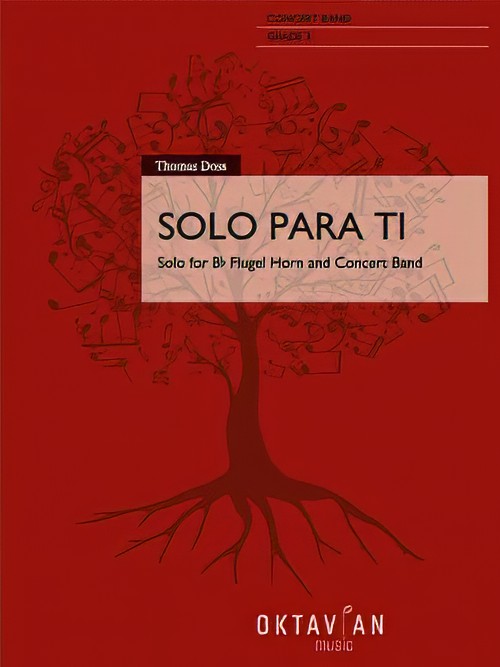 £71.99
£71.99Solo Para Ti (Flugel Horn Solo with Concert Band - Score and Parts) - Doss, Thomas
Solo Para Ti is a calm and expressive composition for Bb Flugel Horn solo, which can optional be played with English Horn, Eb Alto Saxophone or Bb Trumpet. This work was commissioned by the Blaservereinigung Albachten 1921 in honour of its conductor Philip Watts.Duration: 4.30
Estimated dispatch 7-14 working days
-
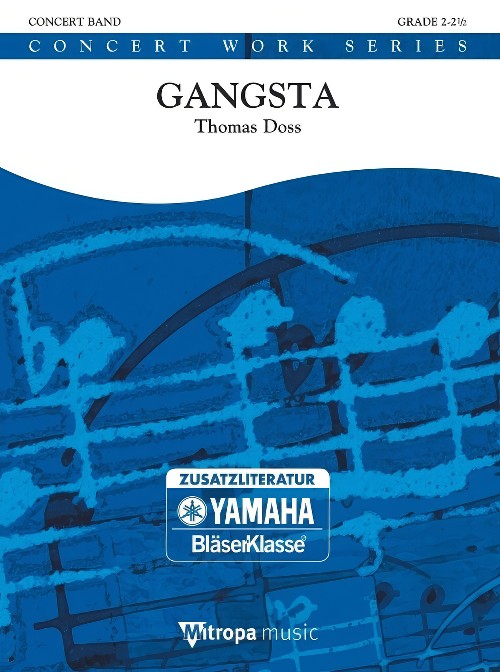 £67.50
£67.50Gangsta (Concert Band - Score and Parts) - Doss, Thomas
In this work, much like in the real world, we often come across violent guys and dangerous dudes. If we are not careful, we could be putting ourselves at risk. Since a gangster could be lurking around every corner, we had better take care! Duration: 4.00
Estimated dispatch 7-14 working days
-
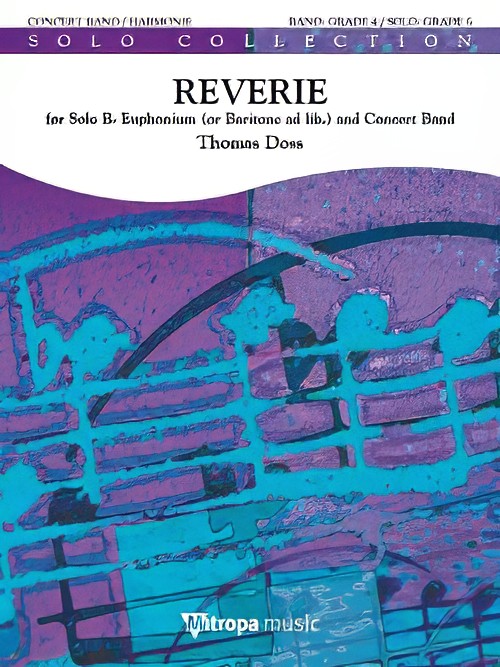 £144.99
£144.99Reverie (Euphonium Solo with Concert Band - Score and Parts) - Doss, Thomas
Reverie is a small piece of music for a euphonium player. The work commences with a dream-like melody and then explores various emotions to showcase its virtuosic capabilities. Duration: 8.00
Estimated dispatch 7-14 working days
-
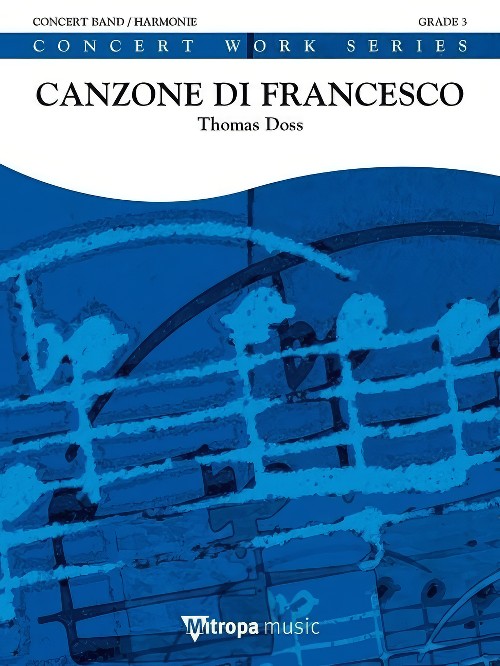 £104.99
£104.99Canzone di Francesco (Concert Band - Score and Parts) - Doss, Thomas
This beautiful and intense slow composition including lots of melodic and musical sequences is dedicated to Saint Francis-a figure whose life story has always impressed the composer. He had previously honoured Francis of Assisi in several works including a composition for strings, an oratorio, a mass and a Laudate for choir and concert band. Canzone di Francesco will create a moment of meditation and reflection during your concert, but is also very suitable as a warm up piece offering various possibilities to work on intonation, phrasing and sound building.Duration: 7:15
Estimated dispatch 7-14 working days
-
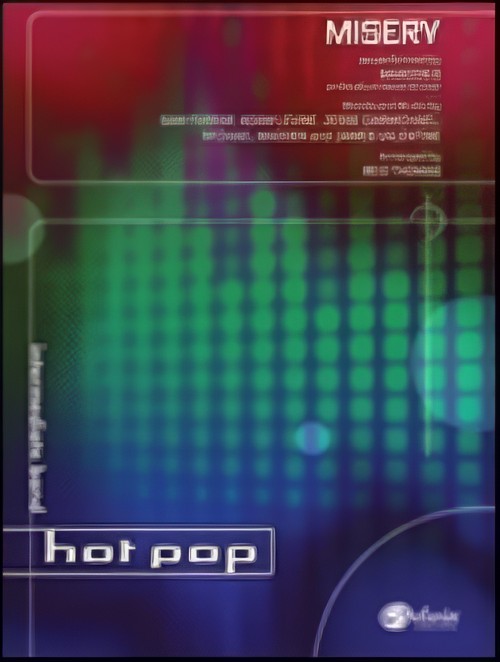 £45.95
£45.95MISERY (as performed by Maroon 5) (Concert Band) - Thomas, Reid
"Misery" was the first single off American rock band Maroon 5's third studio album, Hands All Over. This infectious groove is sure to entertain both your students and audience!
Estimated dispatch 7-14 working days
-
 £71.99
£71.99Solo Para Ti - Thomas Doss
Solo Para Ti is a calm and expressive composition for Bb Flugel Horn solo, which can optional be played with English Horn, Eb Alto Saxophone or Bb Trumpet. This work was commissioned by the Blservereinigung Albachten 1921 in honor of its conductor Philip Watts.
Estimated dispatch 7-14 working days
-
 £67.50
£67.50Gangsta - Thomas Doss
In this work, much like in the real world, we often come across violent guys and dangerous dudes. If we are not careful, we could be putting ourselves at risk. Since a gangster could be lurking around every corner, we had better take care!
Estimated dispatch 7-14 working days
-
 £154.99
£154.99Pathtique - Thomas Doss
In common conversation, the term ?bathetic? (pathtique in French) means a grossly sentimental pathos, or exaggerated sympathy. True pathos, however, is really showing your feelings ? crying when you need to cry, having courage when needed, showing commitment when required. Pathtique reflects all these feelings in a stately and dignified manor. A truly emotional major concert work.
Estimated dispatch 7-14 working days
